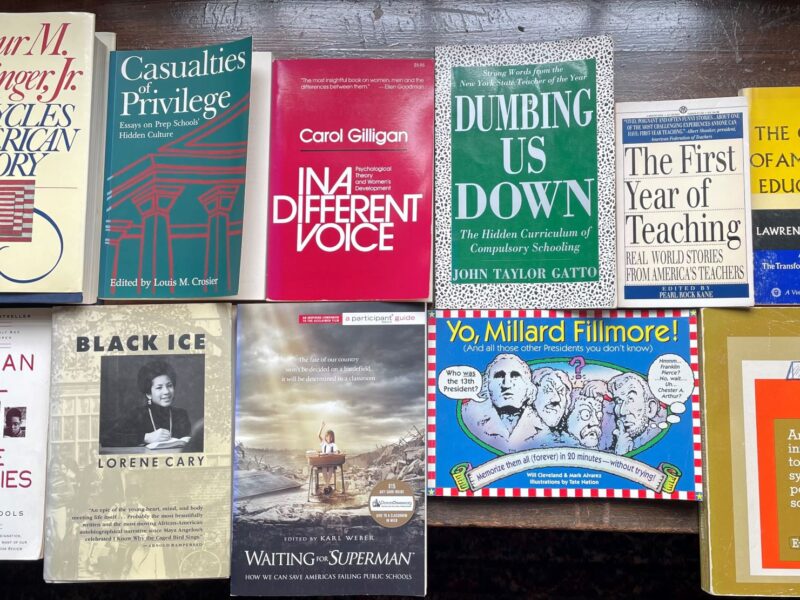Adoption
In the admissions interview we ask adopted children, “How do you feel about being adopted?” The response is nearly always the same, “Oh, it’s not an issue.” Sometimes even the parents will intercede and assure the interviewer and their own child that it’s not an issue.
To project ahead four or five months after the student is enrolled, we almost invariably find that it is indeed an issue. To be sure, that which we know about adoption pales in comparison to that which we do not know. We have observed that many families of adopted children are fearful of what their true feelings are about this issue. They might examine the feelings they have toward their biological child, if they have one, with greater scrutiny than they apply to their adopted child. This can create problems for the adopted child, the greatest being that the child never examines his or her own deepest feelings about being adopted.
Some of the angriest kids I have encountered have been those of biracial or multiracial adoptions. Some of this has to do with the fact that the adoption issue has not been adequately discussed. More than that, we have often discovered that parents in these circumstances sometimes play a unique role in which both are conciliators and neither plays drill sergeant. It is almost as if the parents are thinking, Not only is this child likely to feel unwanted by his or her natural parents, the fact that his/her adoption will be blatantly obvious to the child’s friends at school and, in fact, to anyone who encounters our family.
Families with biracial or multiracial adoption generally do not possess the option of disclosing the adoption whenever the family sees fit to do so. Thus, the parents will sometimes respond as if to say, We’re going to overcompensate for the fact that this child may feel intense abandonment in a world of racial discrimination. They may then indulge the child or refrain from exacting discipline. The irony of this dynamic is that children in these circumstances frequently reserve their most bitter feelings for their own adoptive parents, the very people who have tried to help them the most. This is because they intuitively know that their parents are establishing some sort of double standard for them, and they resent it.
In recent years, we have conducted many Family Learning Center workshops especially for both adopted children and their parents. Simply keeping the communication lines open among kids, families, peers, and the school community proves to be meaningful for all.
Next: The Manipulator
Onward, Malcolm Gauld


